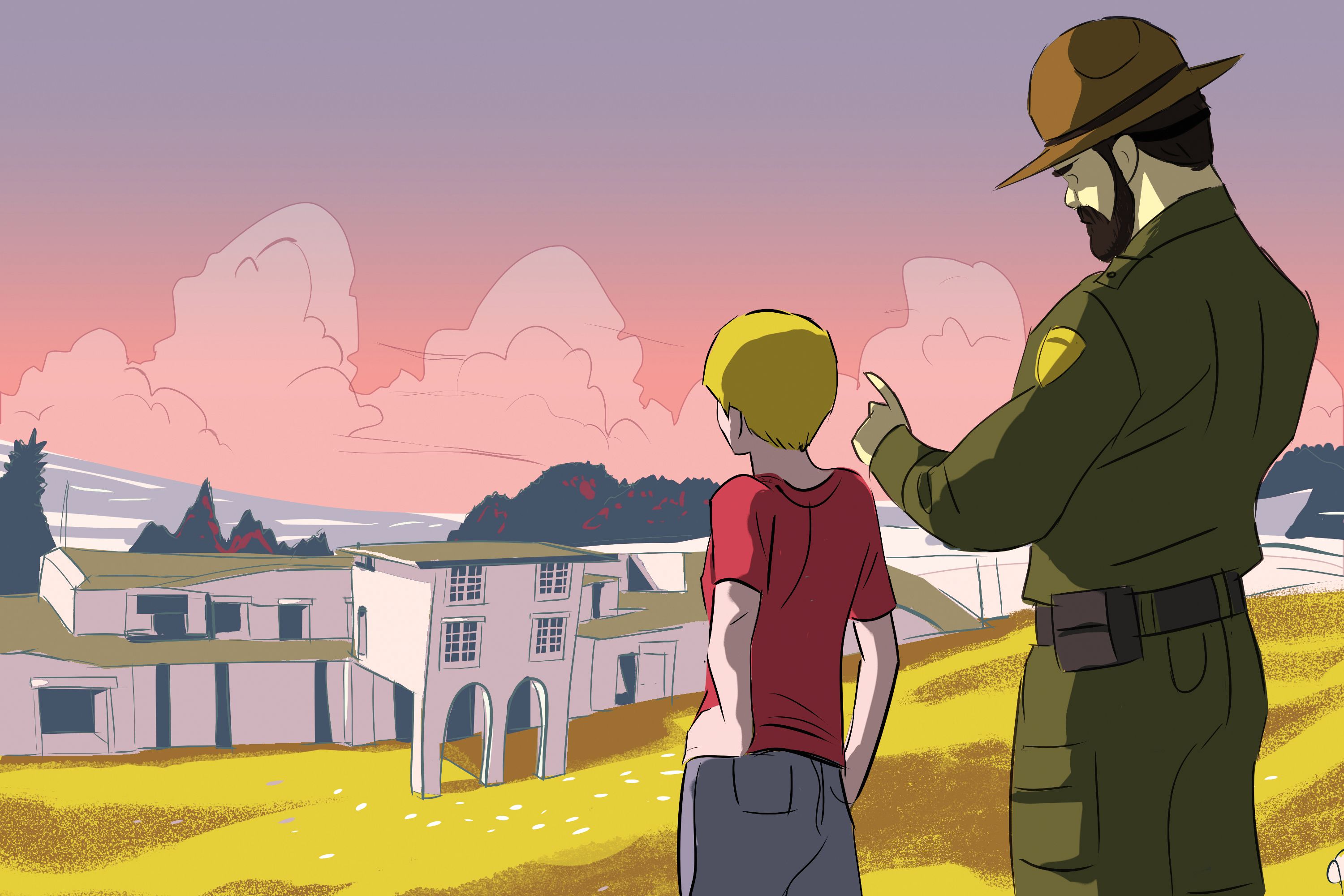City Hall
McGinn's State of the City Speech: Kind of a Bummer.

After eight years of watching Mayor Greg Nickels' self-conscious, almost painfully overscripted speeches, we had high hopes for McGinn's first State of the City speech in council chambers this afternoon. As a rule, McGinn speaks extemporaneously and from the heart—his remarks to a group of UW architecture grad students and faculty, which we covered earlier this month , stand out as an example of the mayor's earnest (and inspiring) oratory.
But today's talk didn't just fail to rouse its audience, it didn't accomplish its basic goal—laying out the current state of Seattle as a city and setting up a framework for moving forward.
McGinn's speech, punctuated by numerous long pauses while he rifled through a large stack of papers, seemingly searching for his next point, focused mostly on the problems facing the city, including high unemployment; youth violence; an increase in students on free or reduced-price school lunch plans; and empty downtown office buildings and storefronts. "A lot of this can look pretty grim for our city and our future," he said. Then he compared Seattle to worse-off cities on the East Coast, like Philadelphia and Danville, CT.
"I grew up on the East Coast, so I got to see a few cities that once were thriving places. I got to see a few cities that were once hotbeds of innovation. And if Seattle doesn't improve and innovate, we could be among them," McGinn said.
He concluded his speech on a similarly glum note, saying that the current generation of leaders "could, for the first time, I think, in history, look out into the future and think it's possible we're not going to leave this place to our children ... better than when we got it." The gloomy tenor of his speech prompted several city hall staffers to call it the most depressing State of the City speech they'd ever heard.
Obviously, Seattle, like most major cities, is in dire straits in 2010's Great Recession. But McGinn failed to lay out any new solutions.
Mostly, he hewed to his campaign stump-speech standards and promises: Ensuring that Seattle residents aren't responsible for cost overruns on the downtown tunnel; seeking input from "the people of Seattle" about how to reduce youth violence and improve the city's public-education system; replacing the crumbling waterfront seawall; putting light-rail expansion on the ballot within two years; building a citywide broadband system; and including high-capacity transit on any 520 bridge replacement.
Those aren't bad goals. But they aren't new. And the purpose of the annual State of the City speech, historically, has been to let citizens know where the city is at, where it's going, and how the mayor plans to get there. It's an opportunity for the mayor to outline specific policy goals for the year ahead, and to invite (or challenge) the city council to get on board. He didn't do any of that.
In the words of one longtime city hall insider, it "seemed almost like he didn't know the State of the City was happening today."
For example, in his first State of the City address, former mayor Greg Nickels outlined an ambitious 100-day agenda, including the formation of a new Economic Opportunity Task Force, the creation of new teams of tow trucks to assist vehicles blocking key roads and bridges, a new emphasis on filling potholes, improvements to the city's emergency preparedness plan, and new partnerships with neighborhoods to do things like improving traffic circles.
Nor did McGinn seem to have much of a posse. The room, in contrast to Nickels' huge audiences, was half-empty—a particularly jarring fact for a mayor who has prided himself on community outreach. McGinn didn't send out a press release announcing the speech, which PubliCola found out about thanks to a call from a McGinn advisor.

The audience didn't include a number of prominent staffers and department heads who were in attendance at previous State of the City speeches, including City Light director Jorge Carrasco; Seattle Fire chief Gregory Dean; and interim police chief John Diaz, among many others—a jarring contrast to former mayor Nickels, who was known for packing council chambers, as well as a downstairs overflow room, with staff members from his own office and city departments. (Council members Sally Clark and Mike O'Brien were also absent—Clark because she was in Cuba, O'Brien because he was at the Vancouver, B.C. Olympics.)
One consequence of this unusually sparse department representation was that no one applauded during McGinn's lengthy remarks—no one, that is, except city climate partnership director Charlie Cunniff, who clapped during McGinn's statement that he wouldn't let Seattle remain on the hook for cost overruns on the tunnel.




